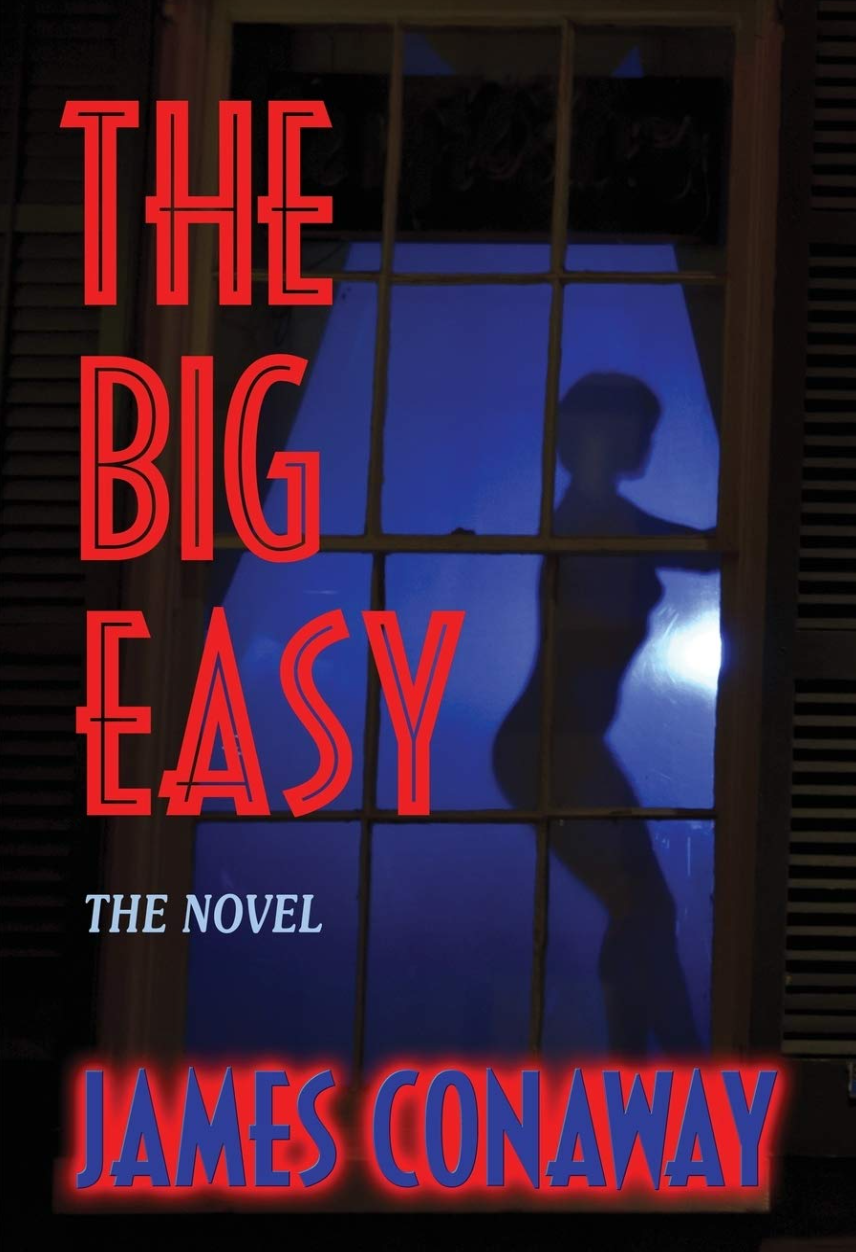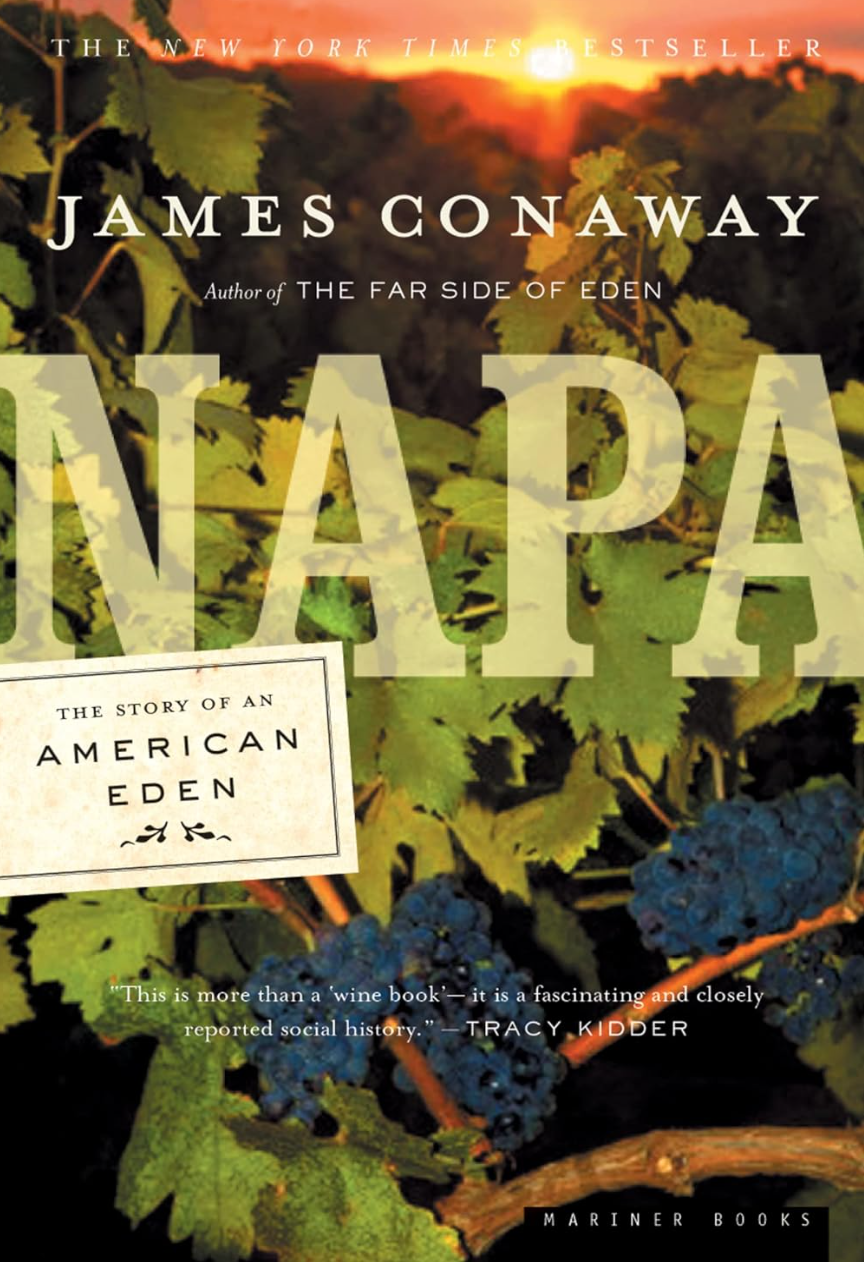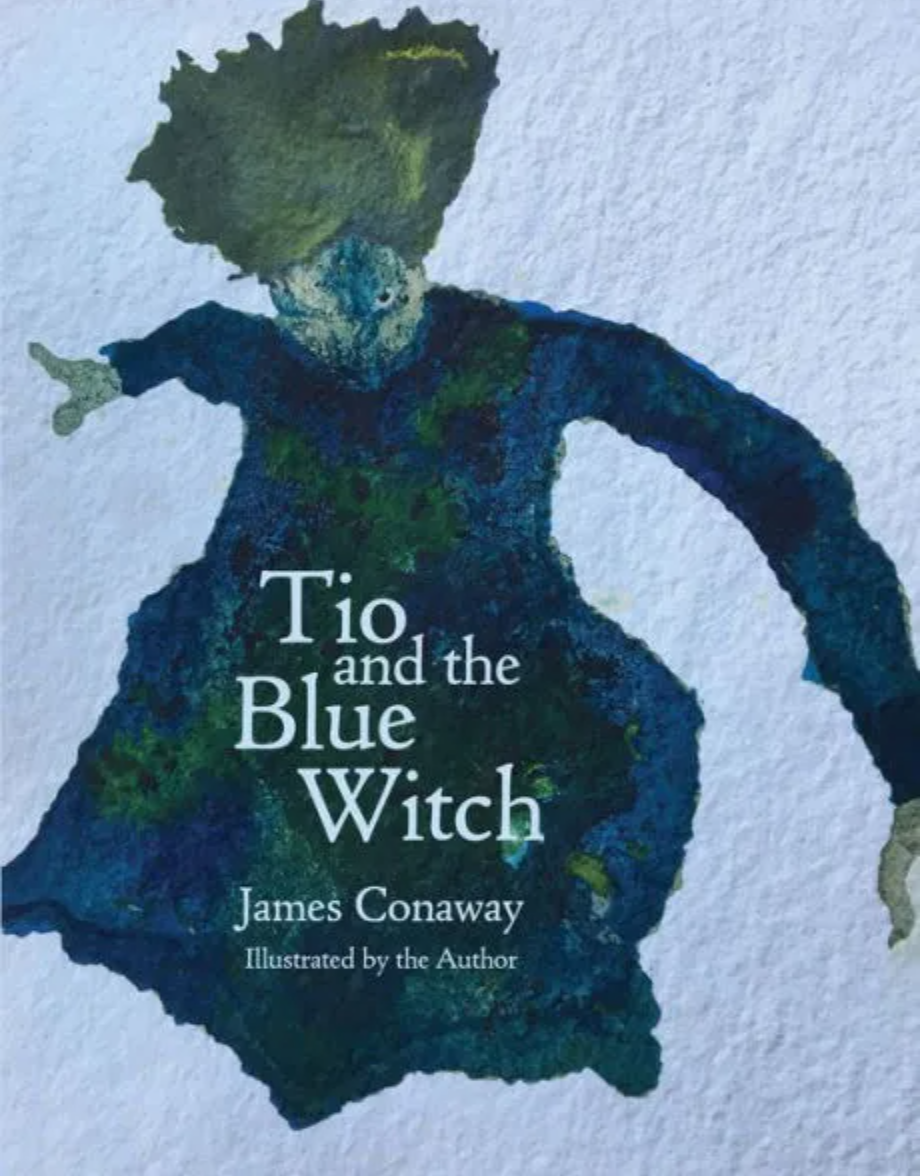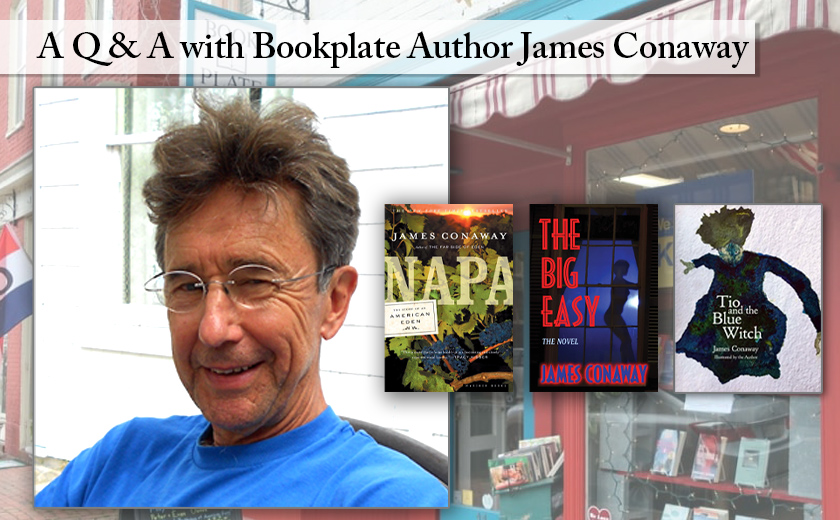
James Conaway
Between the dark violence of his New Orleans saga The Big Easy and the Jungian-themed children’s book Tio and the Blue Witch James Conaway has lived the rare life of a freelance writer.
Three novels, countless news articles, and nine books of non-fiction later, Conaway is finishing up another book mentioned in Press Democrat as a “journalist’s memoir about freelancing through the long twilight of the writer’s world.”
Conaway will be the Bookplate guest author at 6 pm, Wednesday, February 7 at the Kitchen Restaurant where he will talk about his life as a freelance writer, a journey that started in his hometown of Memphis Tennessee, grew as a Wallace Stegner Fellow at Stanford, looped through Napa Valley, and back to the East coast where he now resides in Washington, DC.
The Spy recently interviewed James Conaway by phone to talk about the current publishing world and his most recent book, Tio and the Blue Witch. Here are a few moments.
 Spy: What are you seeing in the publishing world that is different from when you started out with The Big Easy?
Spy: What are you seeing in the publishing world that is different from when you started out with The Big Easy?
JC: There’s huge difference. What is dismaying about publishing is that it’s changed in ways that no one could have foreseen. The main problem is big corporations who bring corporate ways and corporate sentiment or lack of suitability to the post world. There are almost no independent publishers left and the people suffer when the emphasis is entirely on profiting and not on product and standards have gone down so much now that there’s almost no comparison with what it used to look like when I started out back in the early 70s.
Spy: You wrote a perfect metaphor for corporate oversight with your books about the Napa Valley vineyards and their corporate takeovers.
corporate takeovers.
JC: It’s the same thing. It’s when profit matters, not product, not quality. You pretend you know doing away with standards or replacing standards that exist with ones that are more commercial and require less or a different marketing approach because product itself is not as sound as it once was. And the public is not as discerning as it once was one.
Spy: Do you see a way out of this erosion taking place in publishing?
JC: I don’t really, because it has to do with education and demand. You know, there was a demand for good books, not just exciting books, the good ones, what were called literature. Literature today almost doesn’t exist, and we see a parallel falling off of interest in different writing that requires a lot of thought, patience, and education. None of those things are profitable. Corporations don’t stress that; they stress what is easy and inexpensive and can be promoted to the largest audience which means not very well educated and not well read. There are parallel things with English departments disappearing. And editors today do not support writers the way they did when I was young man. It makes a huge difference.
Spy: I recently saw the movie “Genius” about Maxwell Perkins editing Thomas Wolfe. It’s interesting you mention the change in editorial relationships with writers.
JC: Editors used to be unquestionably on the writers side and I thought that would never change and boy was I wrong. because it did. I’m speaking in generalizations, but the editors, instead of champions of quality and of literature have gone in the other direction when corporations took over, even faster than the corporations. They utterly and completely embraced the notion that they were no longer editors, they were corporate players. So once you abandon the poor writer who is trying to maintain his or her own writing for the reasons that people have always written, which is to express themselves in the pursuit of excellence or, you know, art, if we can use that term—they are on their own and have no recourse.
Spy: So “Tio and the Blue Witch” seems to be a left-hand turn from your usual fare How did that book come about?
 JC: It grew out of artwork I was doing in my so-called spare time. I took up oil painting while I had a job as a magazine editor in Washington—my mother was an accomplished artist— and I needed some kind of alternative to get out of that because it was my first and only time that I was an editor myself and it was kind of a bleak. And that led from one thing to another, oil painting to acrylics and then I ended up with ink. I sort of love the idea of ink as even more direct than watercolor. There are no brushstrokes in the art. It’s just making the ink run and moving it around on the paper using the blunt end of a paintbrush. I got so obsessed with it I don’t remember how I did all these pictures.
JC: It grew out of artwork I was doing in my so-called spare time. I took up oil painting while I had a job as a magazine editor in Washington—my mother was an accomplished artist— and I needed some kind of alternative to get out of that because it was my first and only time that I was an editor myself and it was kind of a bleak. And that led from one thing to another, oil painting to acrylics and then I ended up with ink. I sort of love the idea of ink as even more direct than watercolor. There are no brushstrokes in the art. It’s just making the ink run and moving it around on the paper using the blunt end of a paintbrush. I got so obsessed with it I don’t remember how I did all these pictures.
Spy: What’s the Jung connection mentioned in some the book’s reviews?
JC: I was interested in Carl Jung and his theory of archetypes which are sort of primitive symbolic characters human beings have in common, and they would show up in dreams, and I wondered if they would show up on paper, so I started dribbling ink on big watercolor sheets of paper. It was sort of whimsy and then these creatures appeared (in the ink) and I would hang them up on the wall where I was working and after a while, they started to talk to each other. The face of a one-eyed woman appeared and that was kind of scary, and she became Tio, the Blue Witch, and suddenly I had a narrator to tell the story.
The Spy looks forward to James Conaway’s talk at The Kitchen at 6 pm, Wednesday, February 7.
For more event details contact The Bookplate at 410-778-4167 or contact@thebookplate.net. These events are free and open to the public. The Bookplate will continue their event series with an author lecture and tarot readings at Sultana’s Lawrence Wetlands Preserve on February 14th. Washington College professor Elizabeth O’Connor will be discussing her book about artist Pamela Coleman Smith, with skilled readers Tara Holste and Kayce Martin offering their services for both couples and individual readings. The Kitchen at the Imperial Hotel is located at 208 High Street in Chestertown, Maryland.



Write a Letter to the Editor on this Article
We encourage readers to offer their point of view on this article by submitting the following form. Editing is sometimes necessary and is done at the discretion of the editorial staff.